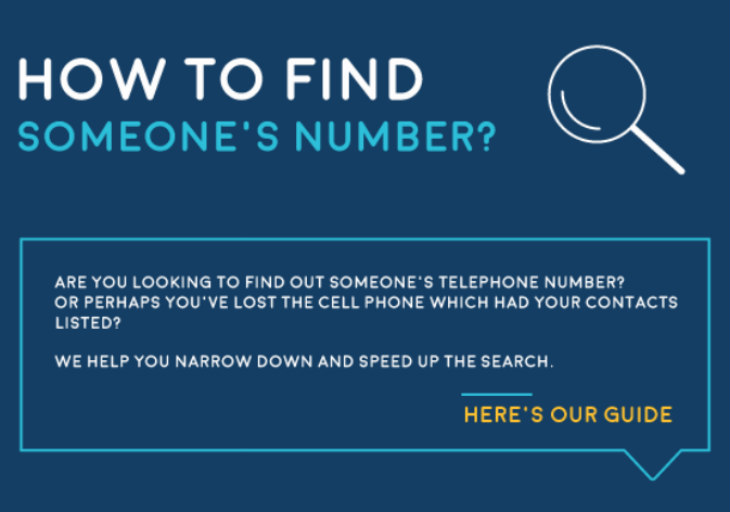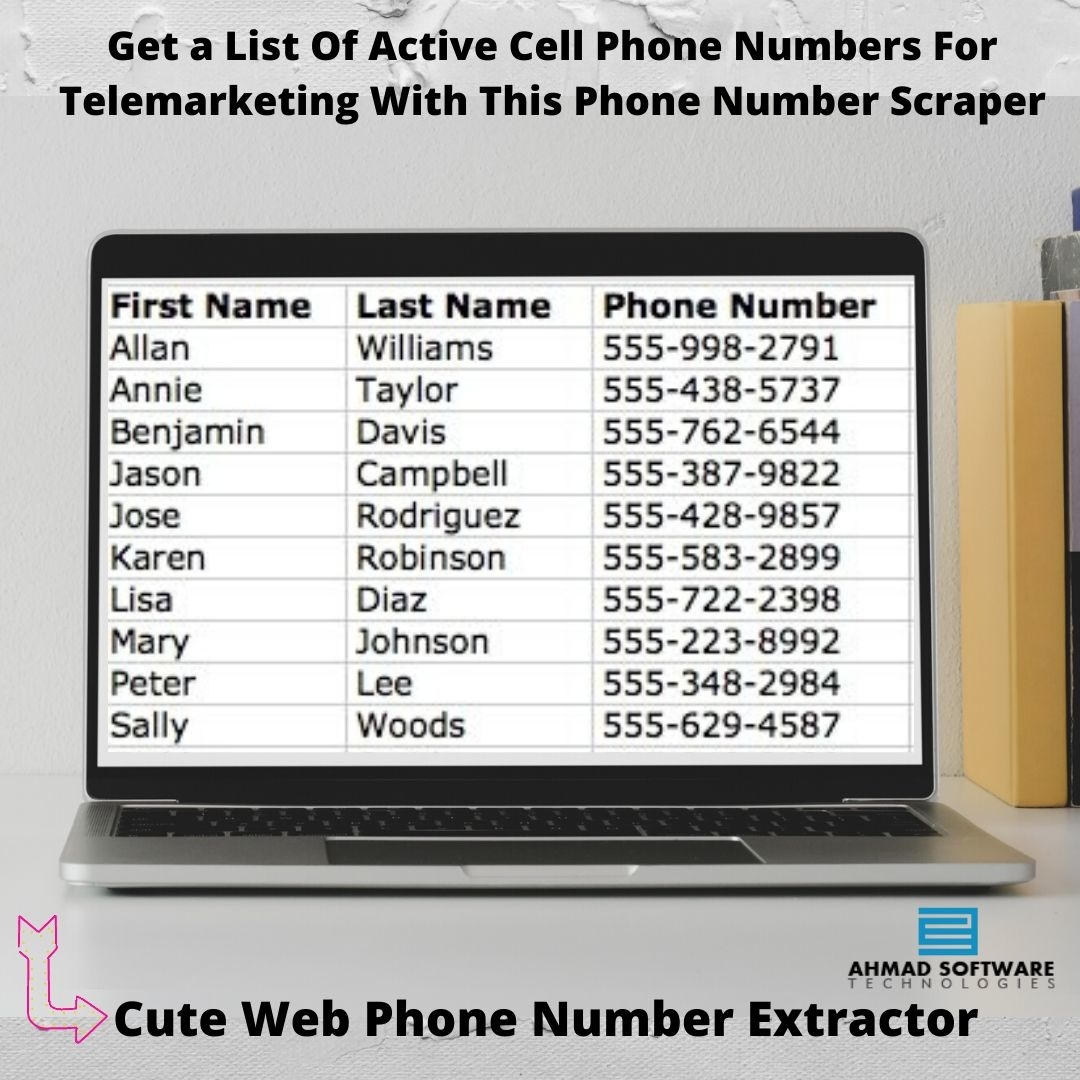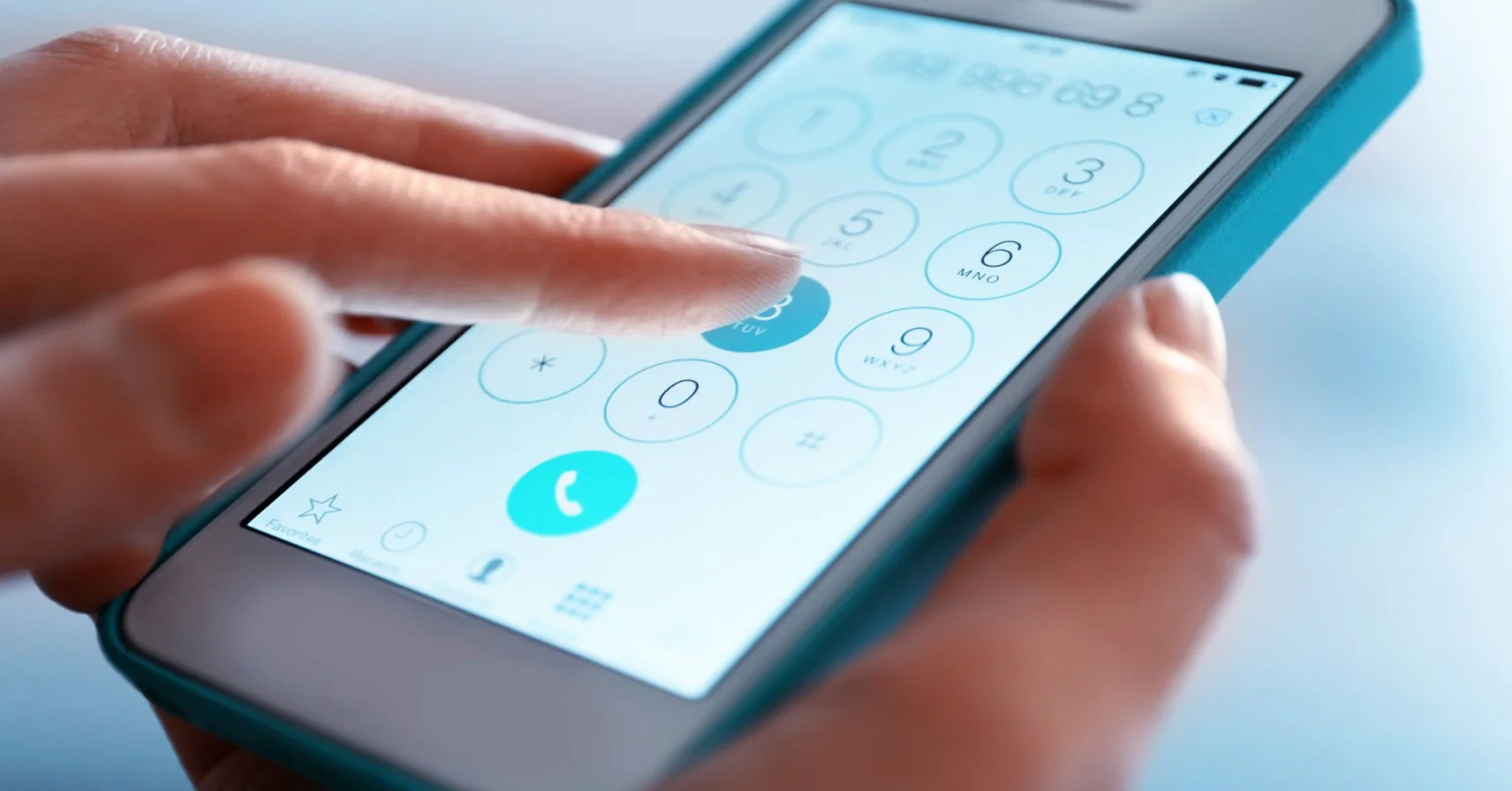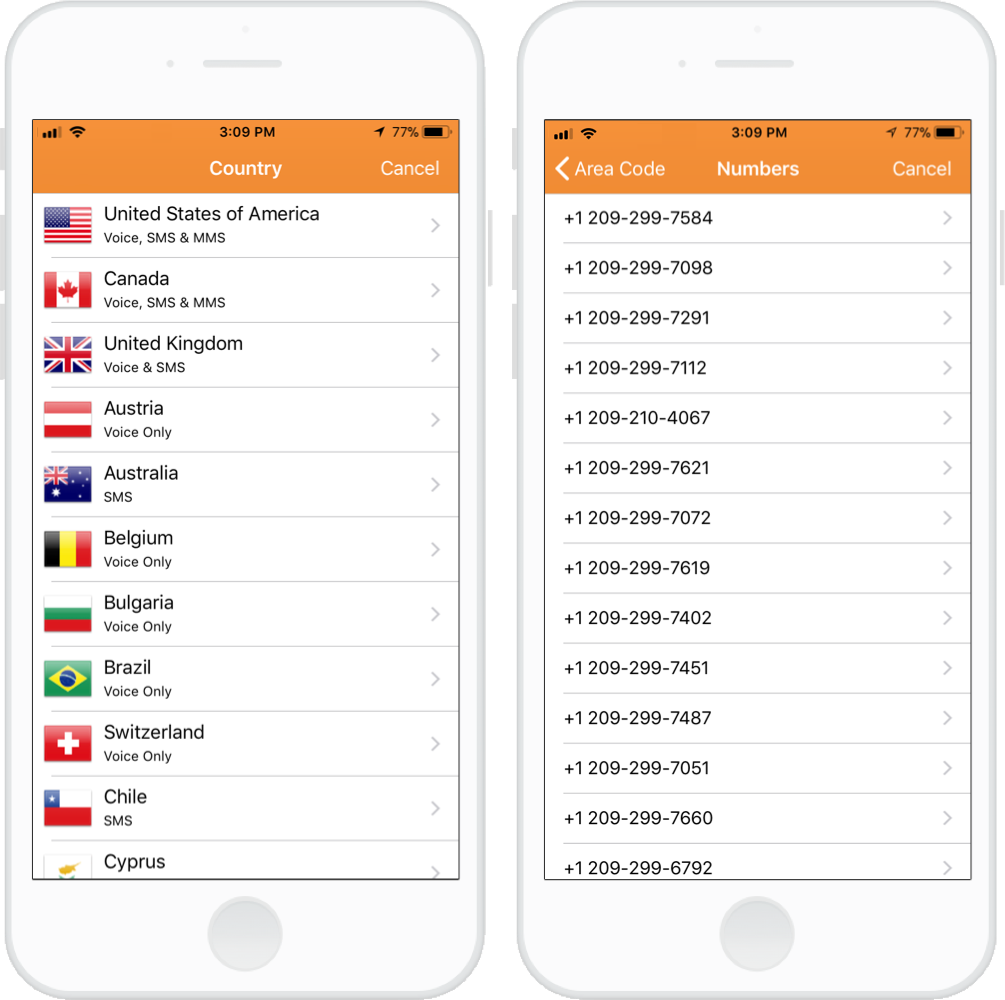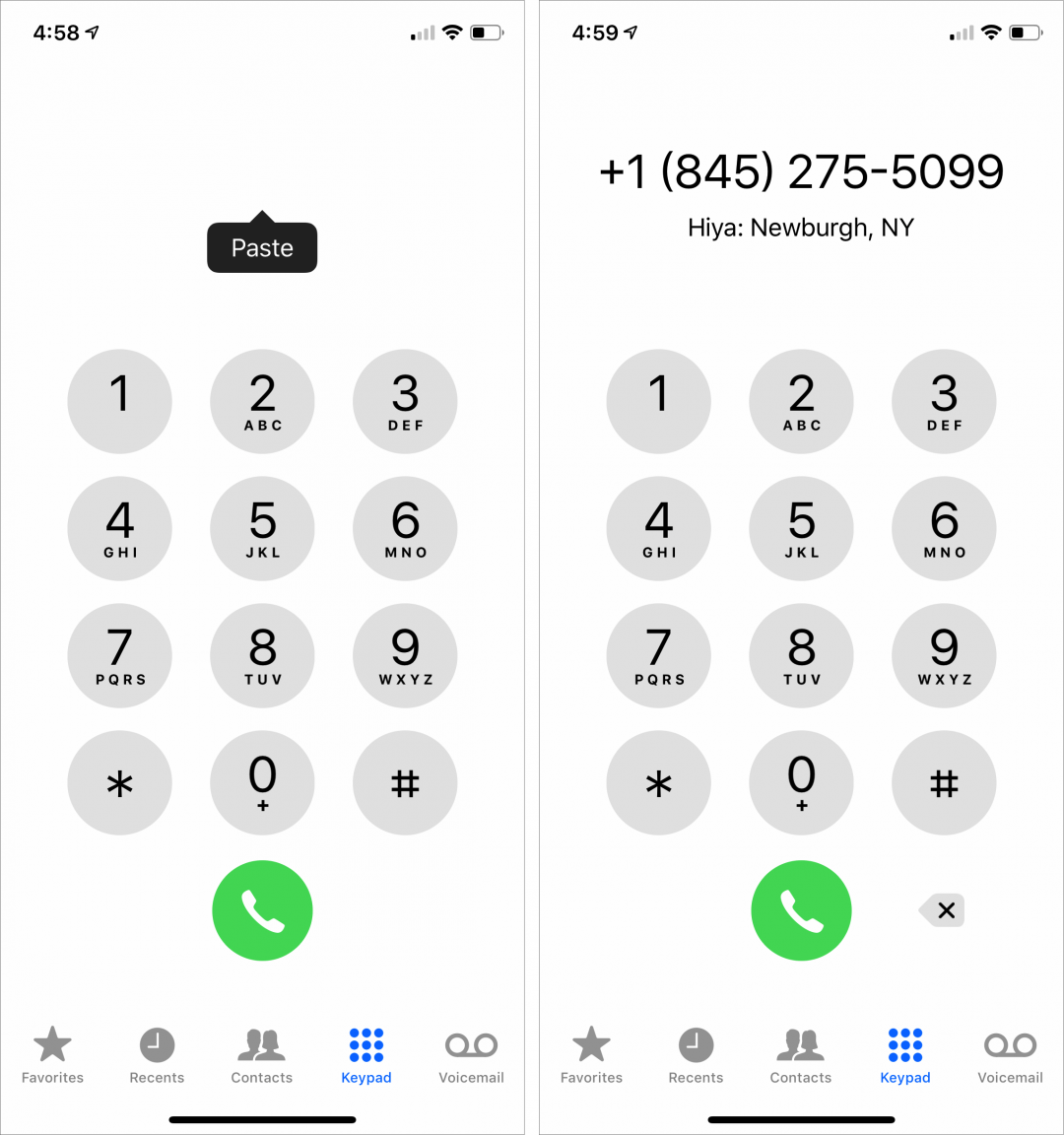How Can You Get Someone's Cell Phone Number
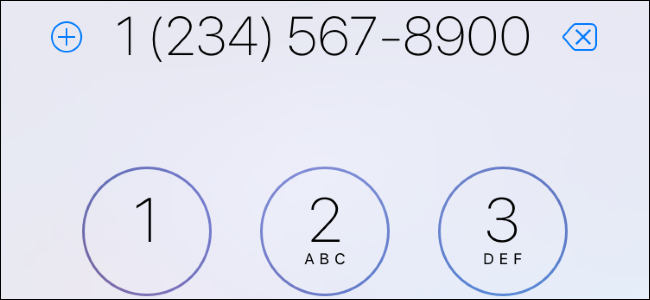
In an increasingly interconnected world, the desire to obtain someone's cell phone number is common, driven by needs ranging from professional networking to rekindling old friendships. However, acquiring this information requires navigating a complex landscape of privacy concerns, ethical considerations, and legal boundaries.
This article explores the legitimate and ethical methods for obtaining a phone number, while emphasizing the importance of respecting individual privacy and adhering to legal regulations. Understanding these guidelines is crucial for ensuring responsible and respectful communication in today's digital age. The information presented here is for educational purposes only and should not be interpreted as legal advice.
Directly Asking the Individual
The most straightforward and ethically sound method is to simply ask the person directly for their phone number. This approach respects their autonomy and allows them to decide whether they want to share their contact information. It is the foundation of ethical communication and avoids any potential legal or privacy violations.
When requesting a phone number, be clear about your intentions and how you plan to use the information. A brief explanation can increase the likelihood of them sharing their number willingly. This transparency builds trust and demonstrates respect for their privacy.
Professional Networking Platforms
Professional networking platforms like LinkedIn can be valuable resources for obtaining contact information, especially in a business context. Many professionals include their phone numbers in their profiles to facilitate communication and networking opportunities.
However, it's important to use this information responsibly and respect the professional boundaries of the platform. Avoid using phone numbers obtained from LinkedIn for unsolicited marketing or personal purposes. Adhering to these ethical guidelines maintains the integrity of the platform and fosters professional relationships.
Business Cards and Public Directories
Business cards often contain phone numbers, representing an explicit invitation for professional contact. Similarly, some individuals or organizations list their phone numbers in public directories or on their websites.
Using this information is generally acceptable, but it's still important to consider the context and purpose for which the information was made public. Avoid using it for spamming or any other activity that could be considered intrusive or harassing. Always adhere to ethical communication practices.
Mutual Contacts and Referrals
If you have a mutual contact, you can ask them to facilitate an introduction or to ask the person on your behalf if they are willing to share their phone number. This approach adds a layer of trust and can be more effective than directly contacting someone you don't know.
Be sure to clearly communicate your intentions to the mutual contact and respect their decision if they are unwilling to share the information. Respecting the boundaries of all parties involved is crucial in maintaining positive relationships. This approach also avoids putting your mutual contact in an awkward position.
Social Media Platforms: A Cautious Approach
Some individuals include their phone numbers on social media platforms like Facebook or Twitter. However, it's crucial to exercise caution when using this information, as expectations of privacy vary widely across these platforms.
Before contacting someone using a phone number found on social media, consider the context in which it was shared and whether it's appropriate to use it for your intended purpose. Unsolicited contact can be perceived as intrusive or unwelcome, even if the information is publicly available.
The Ethical Minefield: Online Search and Third-Party Apps
While various online search engines and third-party apps claim to provide access to phone numbers, using these tools raises significant ethical and legal concerns. Many of these services scrape data from various sources without the consent of the individuals involved.
Furthermore, the information provided by these services may be inaccurate or outdated. Relying on these methods can lead to miscommunication and potentially violate privacy laws, such as the Telephone Consumer Protection Act (TCPA) in the United States. Using these services can lead to legal repercussions and erode trust.
Legal Considerations: Privacy Laws and Regulations
Many countries and regions have strict privacy laws that govern the collection, use, and sharing of personal information, including phone numbers. Violating these laws can result in significant fines and legal penalties. Therefore, understanding and complying with applicable privacy regulations is essential.
The General Data Protection Regulation (GDPR) in the European Union, for example, imposes stringent requirements on the processing of personal data, including obtaining explicit consent for specific purposes. Failing to comply with GDPR can lead to substantial financial penalties. Similar laws exist in other jurisdictions, emphasizing the global importance of privacy protection.
The Importance of Respecting Privacy
Regardless of the method used, respecting individual privacy should always be a top priority. Obtaining someone's phone number without their consent or using it in a way that is intrusive or harassing is unethical and potentially illegal.
Building trust and maintaining positive relationships requires respecting personal boundaries and adhering to ethical communication practices. Always consider the impact of your actions on the other person and prioritize their privacy and autonomy. A respectful approach can prevent misunderstandings and maintain positive relationships.
Conclusion: Responsible Communication in the Digital Age
Acquiring someone's cell phone number requires a balanced approach that prioritizes ethical considerations, respects individual privacy, and adheres to legal regulations. Direct communication and professional networking platforms offer legitimate avenues for obtaining this information.
However, using online search engines or third-party apps can raise significant ethical and legal concerns. In an increasingly interconnected world, responsible communication is crucial for building trust and maintaining positive relationships. Ultimately, respecting privacy fosters a more ethical and respectful digital society.

:max_bytes(150000):strip_icc()/truepeoplesearch-reverse-name-ce35fae11a644fed9128bf927951f6cf.png)
